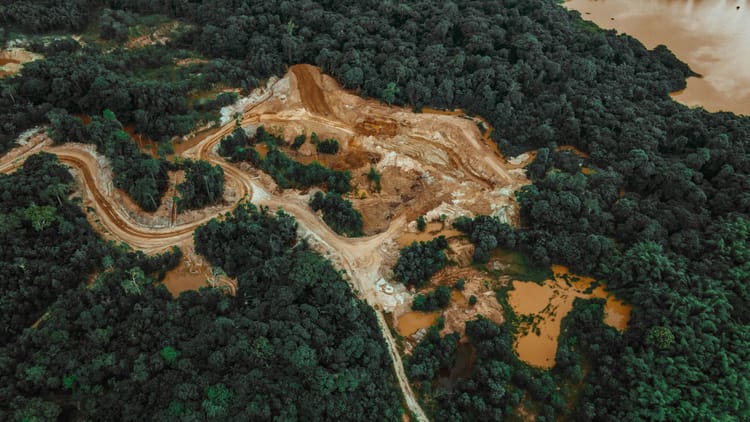Chemours advances emissions goals – but continues to advocate for PFAS

US chemical company Chemours is making progress towards its now SBTi-validated GHG emissions reduction goals – but despite several lawsuits, the firm continues to advocate for the use of PFAS chemicals known to have long-term negative effects on the environment and human health.
Chemours yesterday announced that its 2030 GHG reduction targets – namely to cut Scope 1 and 2 emissions by 60% and Scope 3 emissions intensity by 25% – have been approved by the Science-Based Targets Initiative: a “critical milestone” in its sustainability journey.
“We are committed to making a meaningful impact in the global fight against climate change, including through our sustainable offerings and responsible manufacturing practices,” said Chemours Chief Sustainability Officer Dr. Amber Wellman. “This validation signals we are moving in the right direction.”
The company’s corporate responsibility commitments include achieving net zero operations by 2050, reducing landfill waste by 70% and engaging suppliers on climate action. As of 2023, Chemours has achieved a 52% reduction in Scope 1 and 2 emissions from a 2018 baseline, through energy efficiency improvements and renewable electricity contracts.
Chemours sustainability strategy and PFAS lawsuits
Chemours has recently been accused of polluting the environment and drinking water sources with a type of chemical known as per- and polyfluoroalkyl substances (PFAS), used to produce non-stick and stain-resistant materials – but so far continues to defend their use in its products.
These compounds are dubbed ‘forever chemicals’ because they do not disintegrate, accumulating in nature and human bodies for decades or centuries, and have been found to cause thyroid, liver and hormonal disruptions in humans – as well as accelerating climate change. France recently banned them in cosmetics, packaging and textiles – and regulation is also being considered at an EU-wide level.
In February this year, Chemours, as well as its parent company DuPont (which was fined US$16.5 million by the US Environmental Protection Agency or EPA in 2005 for lying about the toxicity of PFAS), were found by the UN Human Rights Office to have “generated extensive contamination” along the lower Cape Fear River in North Carolina.
The company has faced a number of lawsuits around PFAS-related pollution and health issues since 2022: in North Carolina, the Netherlands, and now West Virginia. As a result, it reported total net losses of US$238 million in 2023, largely driven by litigation costs, which reached US$786 million.
Chemours’ PFAS policy: prevent leaks and emissions; lobby against regulation
Chemours’ latest sustainability report states that the firm is working to “reduce air and water process emissions of FOCs [fluorinated organic chemicals, which include PFAS] by 99% or more” by 2030.
But its website makes it clear that this emissions reduction will not be achieved by phasing out these toxic chemicals. Instead, Chemours is leading efforts to block any restrictions on the manufacturing, use, and import of PFAS, which it argues “would have a devastating impact on jobs, supply chains, the economy, and the ability to achieve EU climate, strategic autonomy, and innovation objectives”. The firm more than doubled its EU lobbying budget in 2023.
The company has also lobbied against PFAS regulation in the US, where UN experts say it has “impermissibly captured the US Environmental Protection Agency and delayed its efforts to properly regulate PFAS chemicals”.
To reduce pollution while continuing to use and produce PFAS, Chemours last year built a six stories-deep “underground barrier wall” meant to filter PFAS out of the groundwater before it reaches the Cape Fear River.







Member discussion